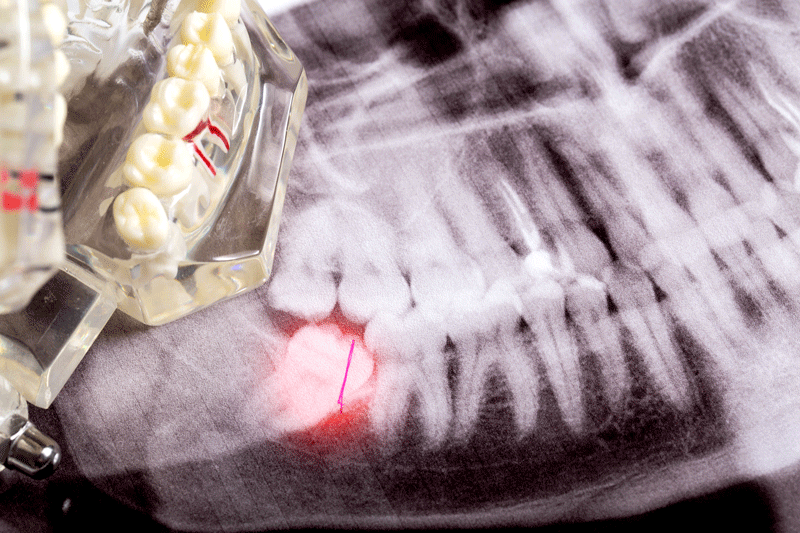Dental Blog - Las Vegas & Henderson, NV
Dental Blog

How Bruxism Guards We Make For You Protect Your Teeth

Tooth grinding is common in both adults and children and may go unnoticed over time. In adults, this condition links to stress and is more common in females than males. Whether new or lifelong, you need to seek treatment for this condition to prevent dental complications. Mouthguards and splints are among the treatment options we will recommend.
How Do I Know I Need A Bruxism Guard?
Since bruxism in most people occurs at night, it may be difficult to tell if you have it, especially if you sleep alone. However, you will experience certain symptoms when you wake up that will enable you to detect this condition. If you wake up with a chipped tooth, it is a sign of bruxism, and, if untreated, you may end up with a gummy smile and sensitive teeth due to the wearing down of your enamel. Morning headaches and temporomandibular joint disorder are common symptoms in individuals suffering from bruxism due to strained jaw muscles.
Mouth Guards
Bruxism mouthguards are similar to sporting mouthguards and comprise a soft plastic covering either on your top or bottom teeth to protect them during sleep. They do this by cushioning your teeth from the force and friction of teeth grinding, preventing their damage and headaches due to strained jaws. Mouthguards also reduce the noise you make when grinding your teeth at night. We can make customized mouthguards at our office, but you can also buy them at a pharmacist though the latter may not fit perfectly.
Mouth Splints
Mouth splints, unlike mouthguards, are made of hard plastic that fits over your upper or lower teeth. They effectively manage bruxism by creating a barrier between your upper and lower teeth, preventing their contact; hence, minimizing the damage from teeth grinding. Mouth splints are more expensive but durable compared to mouth guards. For more details on managing bruxism, contact our office today.




